Now that the fur has settled and the Purrectors have settled into their new roles at the clinic, I finally have some time to get to know you all better and vice versa! As PURResident of the Board it is my job to make sure that we share important information with you that is also interesting, so today I thought we could start off with a discussion about how cats age.
Cats age much more quickly than humans and the average lifespan for a pet cat is about 13-14 years. However, a well-cared for kitty can live to 15 years or beyond, and many live to be 18 or 20 years of age. Some suPURR kitties even live to be 25-30 years of age!
A cat’s life can be viewed in six life stages and the care they need is different for each one:
Kitten (0 – 6 months)
Who doesn’t love kittens? Cute and energetic, kittens are furballs of fun! We all want to give our kittens the best start in life and that begins with a first kitten exam. This is a great time to discuss diet, vaccinations, dental care, pet insurance, and lifestyle choices as well as getting your cat familiar with having their mouth, teeth, ears, and claws examined. During this stage you will see the most rapid development both physically and behaviorally
Junior (7 months – 2 years)
Junior cats are still very active and love to explore. During this stage your kitty will need booster vaccinations and you’ll want to keep an eye on their weight. You’ll also want to make sure you’re providing a stimulating environment to keep your junior engaged, active and out of too much mischief.
Adult (3 – 6 years)
As your kitty moves into adulthood, keeping an eye on their weight becomes even more important. Cats of this age are still active and like to play and you may notice them developing strong routines – something that cats find very comforting. Be sure to provide plenty of exercise and enrichment with scratching posts and toys, and visit the vet for annual exams, baseline and routine bloodwork, and vaccine boosters as needed.
Mature (7 – 10 years)
As your cat enters their mature years, they are still active but you may notice them napping more and getting less exercise. This is when subtle changes in appetite, behavior, or activity level can signal illness so you’ll want to pay close attention and follow up with your vet accordingly. Cats do not normally have a high thirst drive and this becomes even more important as they age. Consider adding more wet food to their diet and decreasing or eliminating dry food. This will not only help with hydration, but also weight management. Diagnostics such as blood and urine tests along with blood pressure checks may reveal early signs of disease that are treatable, so regular check-ups become even more important.
Senior (11 – 14 years)
Senior kitties spend a lot of time napping and appreciate plenty of warm spots in the winter and cool places in the summer. You may find your senior less tolerant of changes, so maintaining consistency matters even more. Keep in mind that their bodies are aging, and look for signs of joint pain and dental disease. If you live in a multi-level home, be sure there is a litter box on each level as climbing stairs may be more difficult for a senior.
Monitoring your kitty’s fluid intake and output can alert you to metabolic issues such as hyperthyroidism, kidney disease, and diabetes. Routine blood and urine tests, along with blood pressure checks, are strongly recommended since cats are masters at hiding illness. As your cat ages, the likelihood of developing chronic conditions increases, which is why our veterinarians recommend transitioning to semi-annual exams. Early detection can improve both the length and quality of your time together.
Geriatric (15 years and older)
Developments in veterinary care have enabled cats to live longer and healthier lives than they did a generation ago. Today, there are many ways to keep your older kitty comfortable and living a high quality life. Our veterinarians recommend semi-annual exams, or even quarterly for some cats, to closely monitor their health. As kitties age, their world becomes smaller and you can make that world the best it can be for your geriatric cat during their golden years. Being alert to changes in appetite, thirst, mobility, vision, hearing, grooming, and litter box habits will help you give your kitty what they need for a comfortable retirement.
Keep ‘em purring,
Alexxy
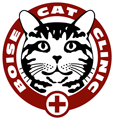
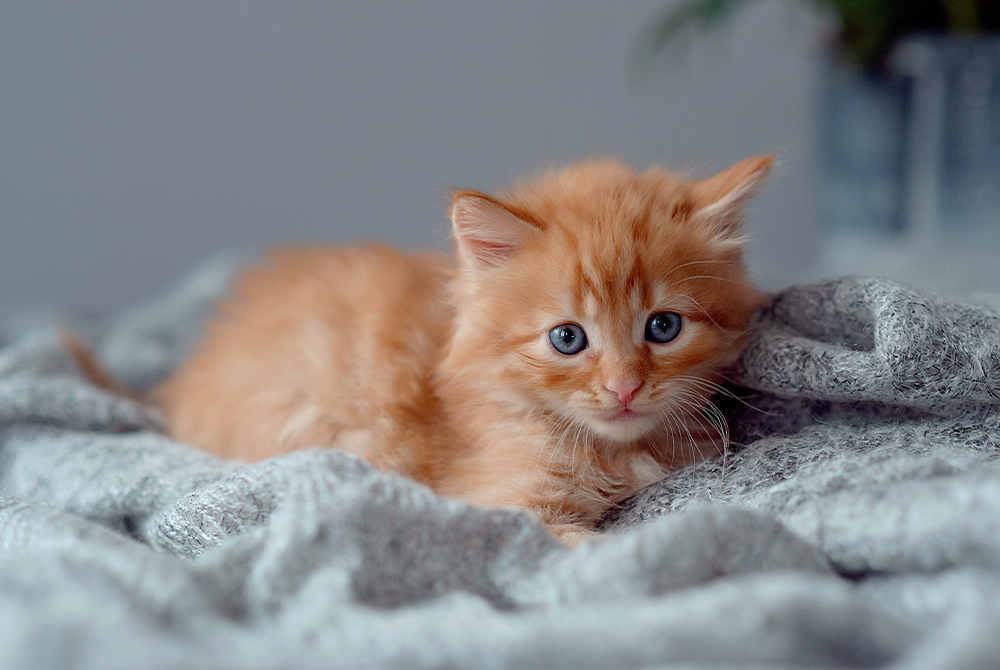
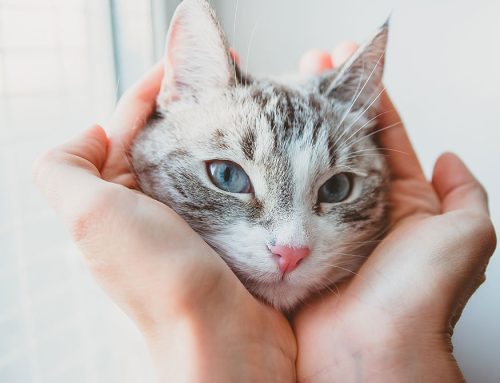
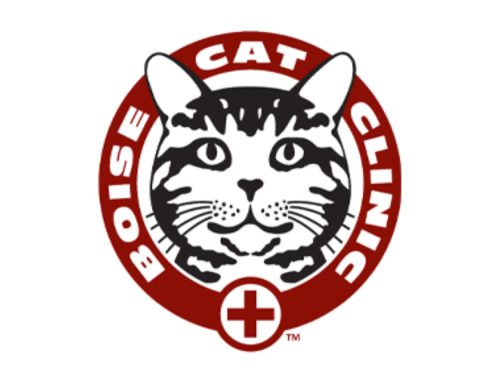
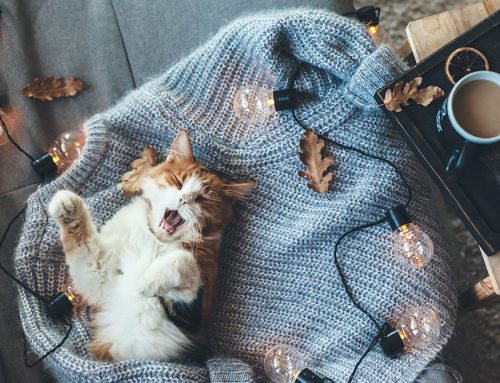
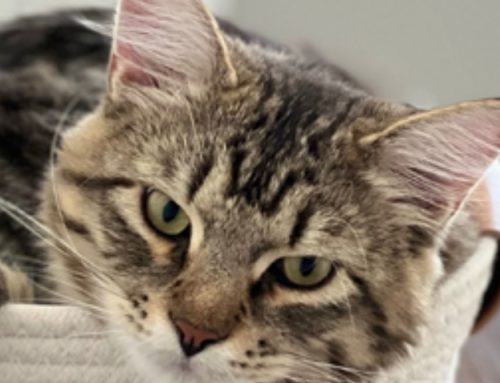

Leave A Comment